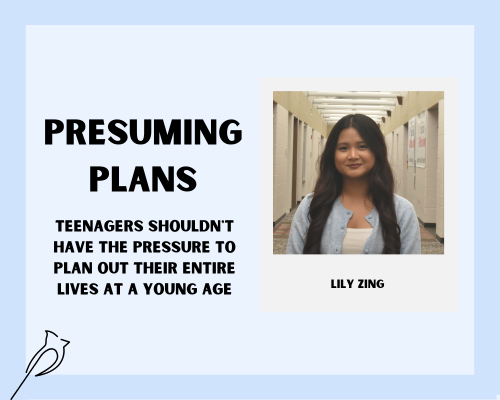Tips and Tricks: Avoiding burnout
Scrolling on Pinterest you randomly see a post on “Signs of Burnout.” You begin to read different symptoms of burnout like “no motivation” or “loneliness” and you could not relate more. Burnout is emotional, physical or even mental exhaustion due to work related stress. With certain tips and tricks, seasonal burnout can be avoided.
Self reflection
Understanding where your feelings are coming from and recognizing where you are is the first step to avoiding burnout or getting through it. Once you know what place you’re in mentally, you can begin to set yourself up for success and personal growth. Journaling, drawing how you feel and meditation are all healthy ways of meditation. If you are currently struggling with burnout, self reflection can also help you essentially find yourself in the midst of emotional exhaustion.
Proper sleep
Getting a healthy amount of sleep is a key component to having a clear mind and good day. Sleep is a powerful stress reducer and can help with concentration, decision making and overall mood. According to the CDC, teenagers should be getting eight to 10 hours of sleep per 24 hours. Adults require seven or more hours per night to get the proper amount of sleep.
Healthy diet
Receiving proper water, fruit and vegetable and whole grain intake is crucial for reducing stress and having better days. Eating healthy supplies your body with the nutrients it needs to perform to its best ability. An example of this is carbohydrates providing serotonin to the brain, ultimately reducing stress. Allow yourself to provide your body with the fuel it needs to be successful.
Take breaks
Allow yourself to relax and take a break once a day. Part of being burnt out is simply not giving yourself enough time to mentally, physically or emotionally recover. When things get difficult in school or work, always put your health first. Take 30 minutes to an hour and reserve it for self care. Self care comes in many different forms, so make time to create, cook or do a workout.
Reach out for help
Never be afraid to share with others how you’re feeling. Talk to a trusted adult, teacher or guidance counselor. If the feelings of hopelessness or loneliness are too overwhelming, talking to someone like a counselor or therapist could be the next step in getting the proper help needed.

I feel like I’m getting deja vu because this is the third time I have written a staff bio for The Journal. Who would've thought that I could enjoy that...












